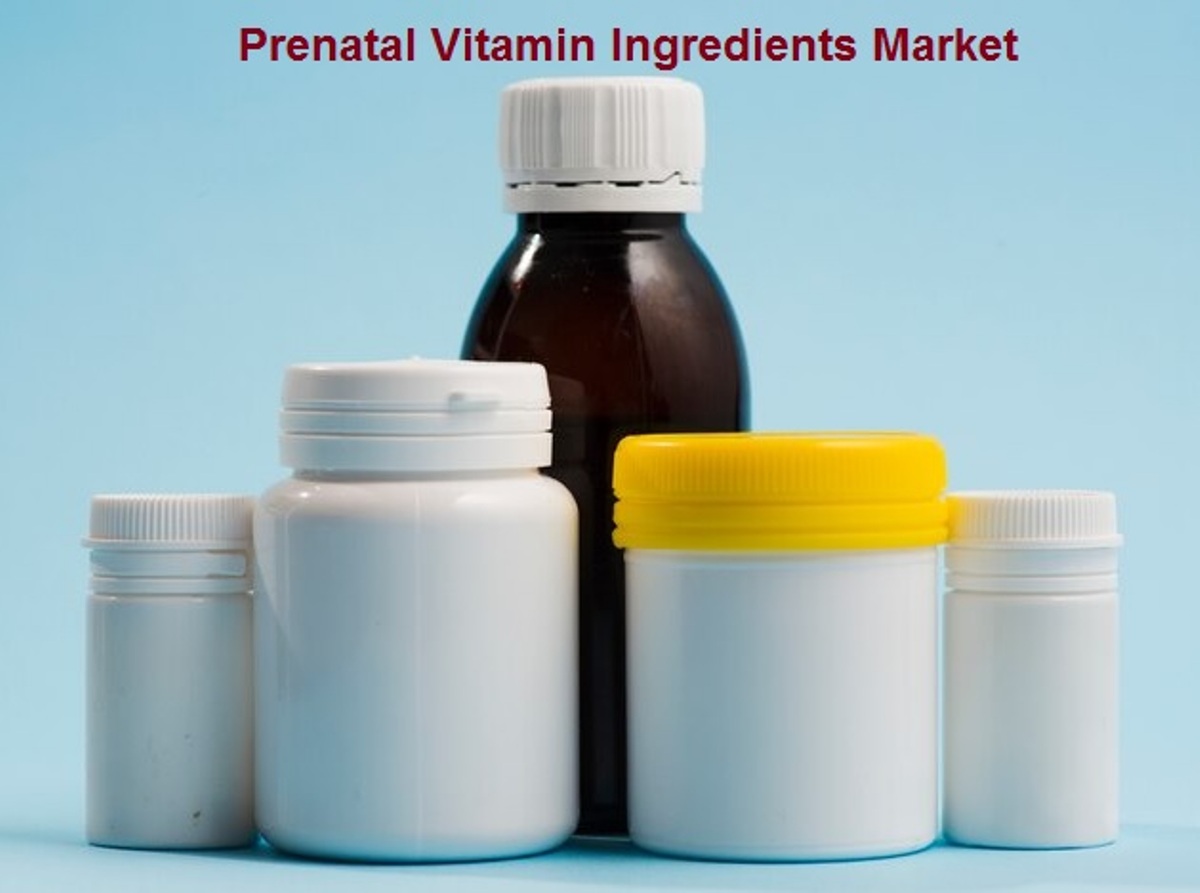
The global market for rheumatoid arthritis treatments is expected to grow at a CAGR of...
Learn More
Our consulting solutions address company specific challenges with respect to micro environment...
Learn More
Organizations frequently need day-today research guidancein order to gain strategic...
Learn More
Exploring different areas of market research and market analysis is a key factor...
Learn MoreAcute Market Reports presents the most extensive global business research services across industries. Our research studies focus on potential outcomes, benefits, and risks associated with each market segment across geographies. Having served our global clients for more than 10 years, our prime priority is to enable our clients in making well-informed business decisions through a data-driven, analytical, and uncomplicated research approach.
We provide access to the world's most comprehensive, analytical, and updated business intelligence services and solutions.




The biostimulants market is expected to grow at a CAGR of 7.5% during the forecast period of 2025 to 2033, driven by various factors that have contributed to its expansion. the biostimulants market is expected to experience strong growth due to the i...
Read More
The prenatal vitamin ingredients market is expected to grow at a CAGR of 6.5% during the forecast period of 2025 to 2033. Prenatal vitamin ingredients market is a crucial segment within the broader nutritional supplements industry, tailored specifica...
Read More
The construction cybersecurity market is expected to grow at a CAGR of 17.5% during the forecast period of 2025 to 2033. Construction cybersecurity market is increasingly pivotal within the broader construction industry due to growing digitalization ...
Read More




